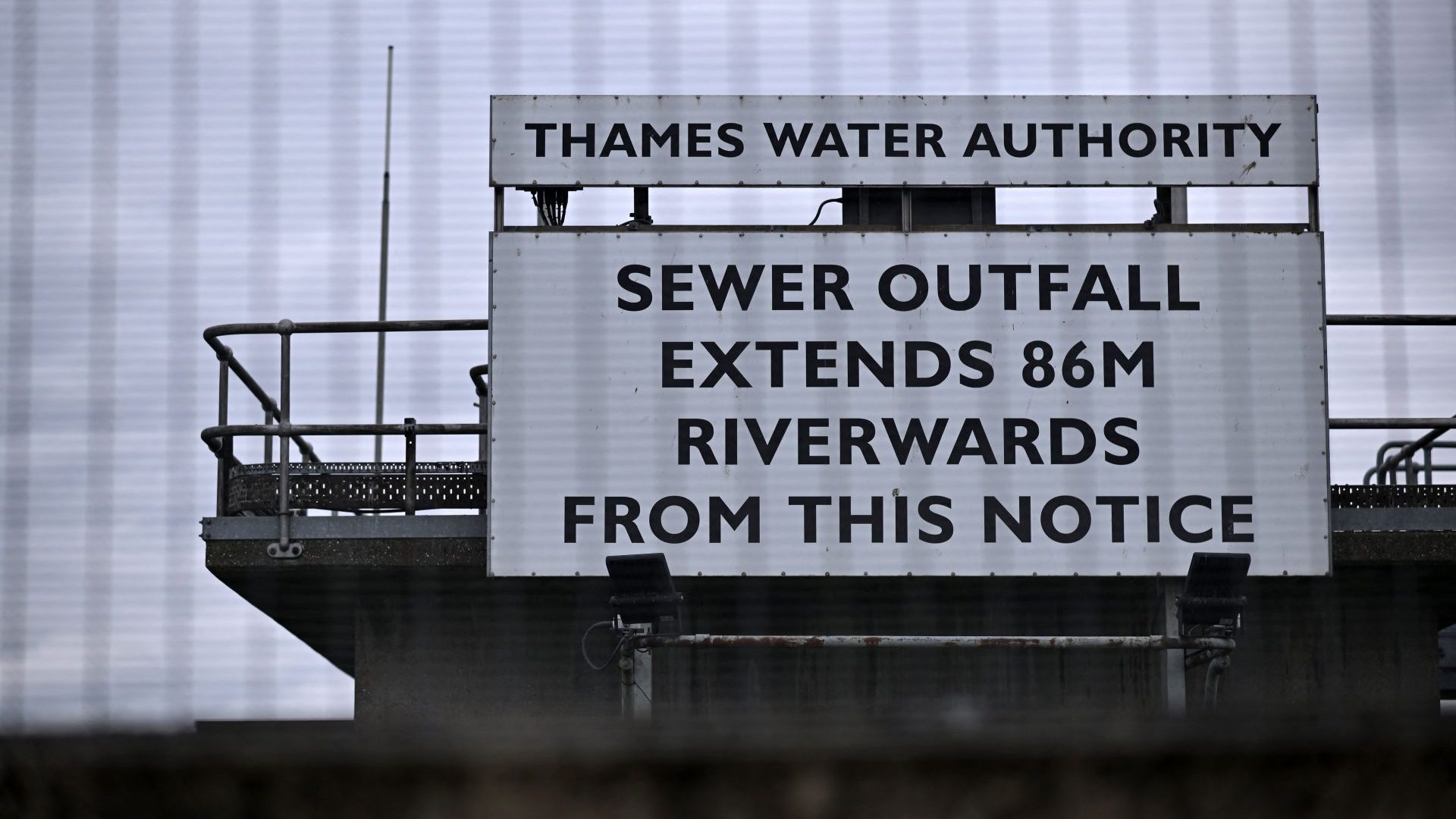‘Vote Leave to keep secret how much pollution is being pumped into our rivers,” wouldn’t – a few unscrupulous providers apart – have been much of a vote winner in the 2016 Brexit referendum.
And yet that is precisely what will happen if the government forces ahead with its short-sighted, backbencher-pleasing target of removing all EU-derived legislation from the statute book by the entirely arbitrary deadline of the end of the year.
At present, under existing laws, the Environmental Information Regulations (EIR) 2004 allow the public to request information and data on environmental issues. It goes beyond the limited powers of the Freedom of Information Act and, crucially, also applies to private companies following a landmark 2015 court decision.
Along with every other piece of EU legislation it is currently being “reviewed” by ministers and civil servants with a view to whether it should be retained or ditched. The speech marks are there because, with decisions on more than 4,000 laws and regulations across Whitehall due to be made by the end of December, each one is likely to be at best cursory, and Rishi Sunak is under pressure from his hardline Brexiteers to leave as few as possible on the statue book.
Without the EIR, campaigners against pollution will lose their supply to water company data, much of which is not held by the Environmental Agency (because it doesn’t ask for it). Fish Legal, a not-for-profit association which promotes and encourages the conservation and sustainable management of UK rivers, currently has a petition before Parliament calling for its retention.
Another group, Windrush Against Sewage Pollution, campaigns specifically on protecting the River Windrush, a tributary of the Thames in central England. Its founder, Ashley Smith, told the i this week: “Without the EIR the public would be in complete ignorance about the massive extent of illegal pollution and would just be fed the broad data.
“We can see why some water companies would be desperate to get rid of them and the same applies to the regulators and government – all of which have been exposed as incompetent or complicit and various aspects of the sewage scandal.”
Labour has pledged to “end the Tory sewage scandal” by delivering mandatory monitoring on all sewage outlets, introducing automatic fines for discharges, setting ambitious targets for reducing sewage dumping and ensuring that water bosses are held to account for negligent behaviour. But even if they did come to power after the next election, they would be doing all that from scratch, powerful laws to force the water companies to disclose their dumping having been unceremoniously scrapped.
The UK would still remain a signatory to the Aarhus Convention, which commits member states (and the convention is a United Nations Economic Commission for Europe protocol, not an EU one) to public access to environmental information. The public could theoretically report the UK to the conventions compliance committee, but it can only make non-binding recommendations, which the Conservative government is unlikely to put more store by.
The Department for Environment, Food and Rural Affairs has said that it was “unequivocal that reviewing our retained EU law will not come at the expense of the UK’s already high standards”. But it will not be nudged towards saying it will retain the EIR. And its secretary of state is Thérèse Coffey, who last week shocked a group campaigning for improved water quality by turning down a bid to secure river monitoring in her own constituency.
Drain the swamp, they like to say in US politics. Go ahead with this and we won’t even be allowed to know who filled it with the slop in the first place – let alone by how much.










